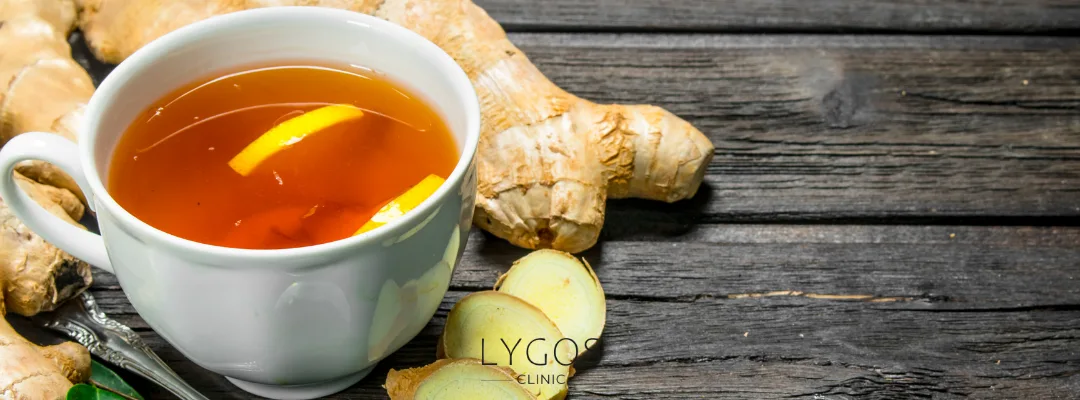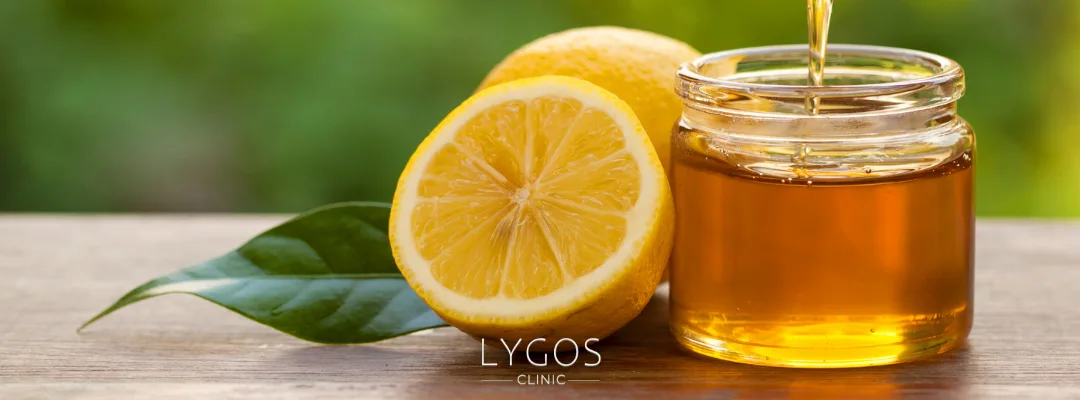Cough Types | Relief Methods

Chose Your Topic
Cough Types
A cough is a reaction by the body to clear the airways. However, different types of coughs can occur, each caused by different reasons. In this article, we will go into detail about “Cough Types and Relief Methods.” If your cough is bothering you, knowing the right treatment methods is important.

What is a Cough?
A cough is the body’s mechanism to expel foreign substances from the respiratory system. While coughing is usually a temporary condition, sometimes it can indicate a serious health problem. Continue reading this article to learn more about “Cough types and relief methods.”
What Are the Types of Cough?
A cough can be divided into different types. Each type of cough may indicate a different issue. Recognizing the types of cough can help guide you toward the correct treatment. Here’s a look at “Cough Types and Relief Methods”:
- Dry Cough: A dry cough is typically caused by an irritated throat. There is no mucus production with a dry cough, and it may be more bothersome at night. Dry coughs are commonly seen after a cold or flu. To alleviate this type of cough, you can apply some of the relief methods mentioned in "Cough Types and Relief Methods."
- Productive Cough: A productive cough, also known as a wet cough, occurs when mucus accumulates in the throat. It is commonly a symptom of conditions like bronchitis, the common cold, or pneumonia. To ease a productive cough, you can use some of the effective treatments provided in "Cough Types and Relief Methods."
- Persistent Cough: A persistent cough lasts for more than 3 weeks and can be caused by asthma, acid reflux, smoking, or bronchitis. If a cough lasts for a prolonged period, medical intervention may be needed. To relieve a persistent cough, refer to the "Cough Types and Relief Methods" for effective techniques.
- Allergic Cough: An allergic cough occurs due to contact with allergens like pollen, dust, or pet dander. To prevent or relieve an allergic cough, you can follow some of the preventative methods mentioned in "Cough Types and Relief Methods."
- Psychosomatic Cough: Psychosomatic cough is triggered by emotional states like stress or anxiety. To relieve psychosomatic coughs, psychological support and relaxation methods may be helpful.

What Helps a Cough?
Regardless of the type of cough, several relief methods can reduce the severity of the cough. Knowing about “Cough Types and Relief Methods” will help you find the right treatment. Here are some remedies that may help with a cough:
- Drink Warm Water: Drinking plenty of water is one of the simplest but most effective remedies for a cough. Warm water moisturizes the throat and reduces coughing. Drinking water is one of the key treatments listed in "Cough Types and Relief Methods."
- Honey and Lemon Mixture: Honey soothes the throat, and lemon helps alleviate discomfort while strengthening the immune system. Together, they make an excellent remedy for relieving a cough naturally.
- Saltwater Gargle: Gargling with saltwater can reduce throat irritation and ease a cough. This simple method is one of the most effective treatments mentioned in "Cough Types and Relief Methods."
- Steam Therapy: Inhaling steam is a great way to relieve a cough. Breathing in warm steam loosens mucus and helps clear the airways, providing comfort and relief.
- Ginger Tea : Ginger has natural anti-inflammatory properties that help ease a cough. Drinking ginger tea opens the airways and provides relief.
What Causes a Persistent Cough and How to Treat It?
A persistent cough usually indicates an underlying health problem. Conditions such as asthma, acid reflux, smoking, and bronchitis can lead to a long-lasting cough. The treatments mentioned in “Cough Types and Relief Methods” can help alleviate the severity of the cough, but for persistent coughing, medical advice is important.
Here are some treatments for persistent cough:
- Asthma Treatment: Inhalers prescribed for asthma can help manage coughing.
- Acid Reflux Treatment: Since stomach acid can lead to coughing, treating acid reflux can reduce this issue.
- Quit Smoking: Smoking is a major trigger for coughing. Quitting smoking will help prevent a persistent cough.

Effective Treatments for a Dry Cough
A dry cough is usually caused by throat irritation. To relieve a dry cough, you can use the methods mentioned in “Cough Types and Relief Methods.” Here are some treatments specifically for a dry cough:
- Steam Inhalation: Inhaling steam is very effective in relieving a dry cough. Steam helps to hydrate the throat and reduce irritation, easing the cough.
- Honey and Lemon: The combination of honey and lemon soothes the throat and relieves coughing. This natural remedy is great for treating dry coughs.
- Use a Humidifier : Using a humidifier in dry environments can keep your throat moist, which helps relieve a dry cough.
Precautions to Prevent Coughing
Taking simple precautions can help you prevent coughing. Here are some important recommendations listed in “Cough Types and Relief Methods” to avoid coughing:
- Wash Your Hands Regularly: Washing your hands frequently can prevent the spread of viruses that cause coughing.
- Avoid Smoking: Smoking can lead to coughing, so avoiding cigarettes is an important step in preventing coughing.
- Drink Plenty of Water : Drinking enough water keeps your throat hydrated and prevents coughing.
- Avoid Allergens: Allergens can trigger allergic coughs. By staying away from allergens, you can prevent coughing.
This article provides a comprehensive guide on “Cough Types and Relief Methods,” outlining effective treatment options and preventive measures. If your cough persists, it’s important to consult a healthcare professional for further evaluation and care.
Cough Types and Relief Methods Frequently Asked Questions (FAQ)
The common types of cough are dry cough, productive (wet) cough, persistent cough, allergic cough, and psychosomatic cough. Each type of cough has different causes and treatment methods.
To stop a dry cough, you can try drinking warm water, using honey and lemon, inhaling steam, or gargling with saltwater. These remedies help soothe the throat and reduce irritation, which can alleviate the cough.
If your cough lasts more than three weeks, if it's accompanied by fever, shortness of breath, or chest pain, or if you are coughing up blood, it’s important to consult a doctor. These symptoms could indicate a more serious condition that requires medical attention.
For a persistent cough, treatments vary depending on the underlying cause. If it's related to asthma or acid reflux, appropriate medications can help. If it’s caused by smoking, quitting smoking is essential. For all types of persistent coughs, it’s important to consult with a healthcare provider for an accurate diagnosis.
To prevent a cough, avoid smoking, wash your hands regularly to prevent infections, drink plenty of water to keep your throat hydrated, and stay away from allergens if you are prone to allergic coughs. Maintaining a healthy lifestyle can also help in reducing the risk of catching colds that lead to coughing.


